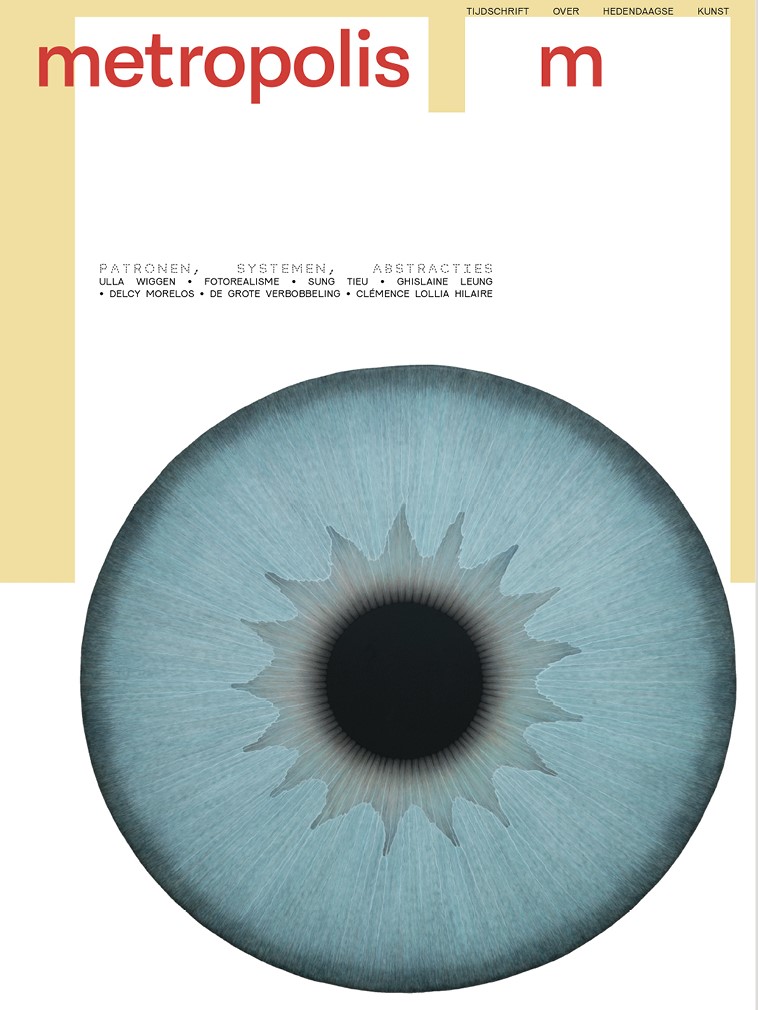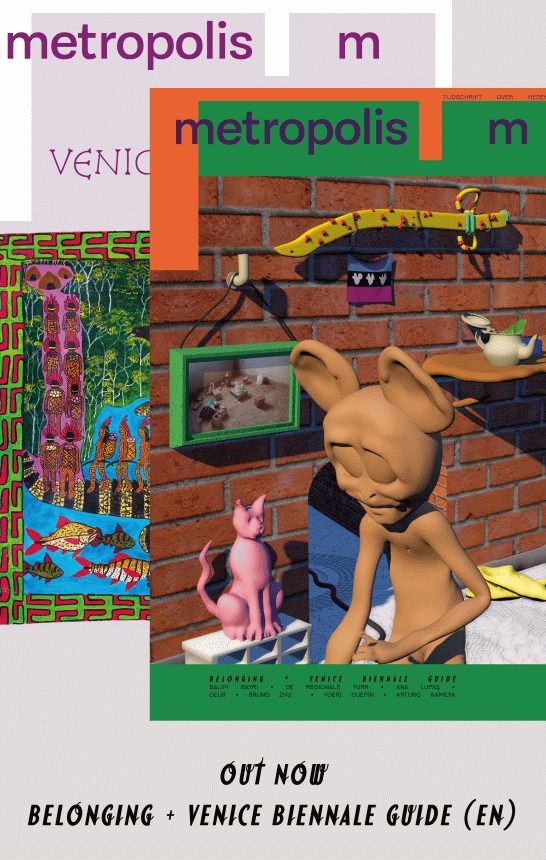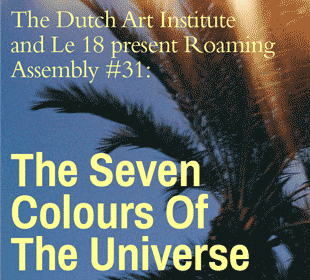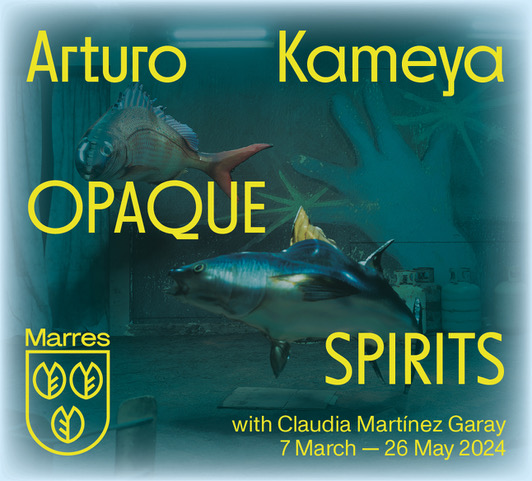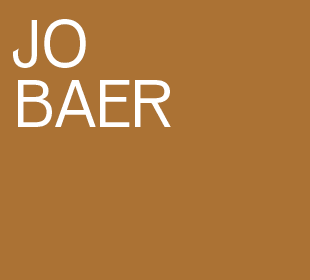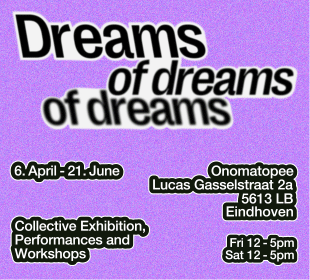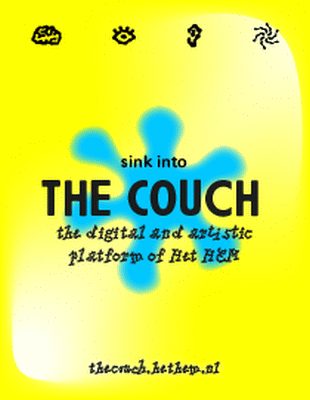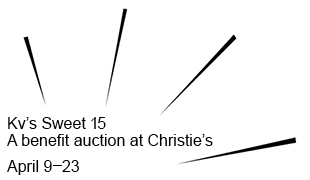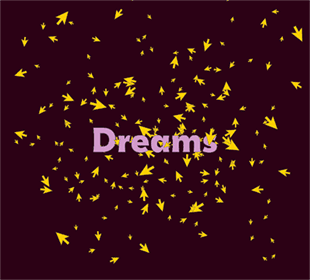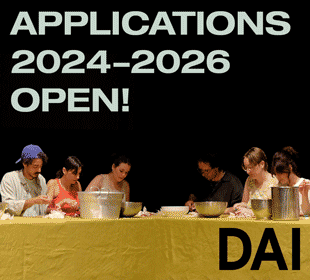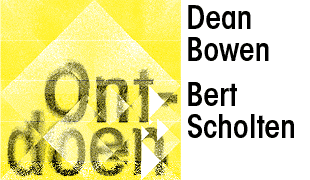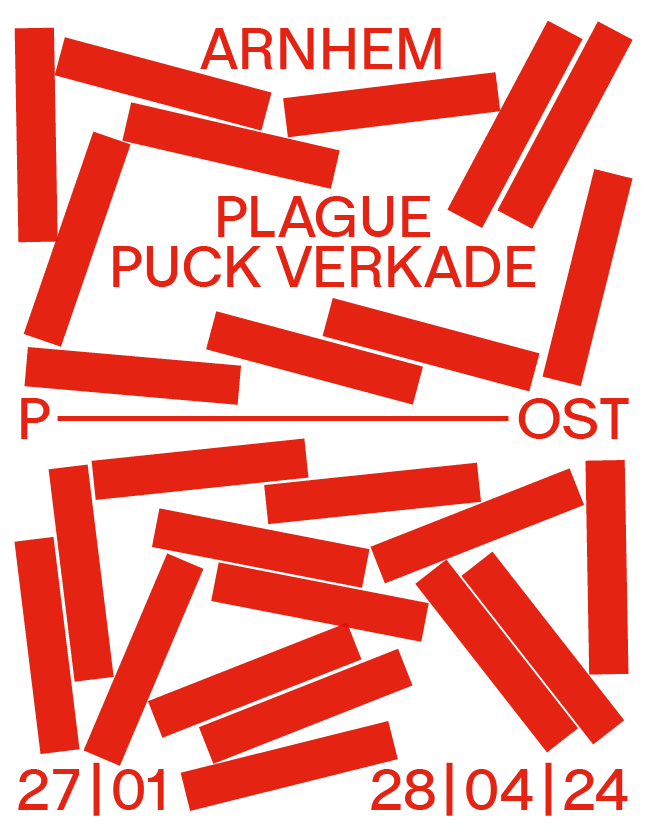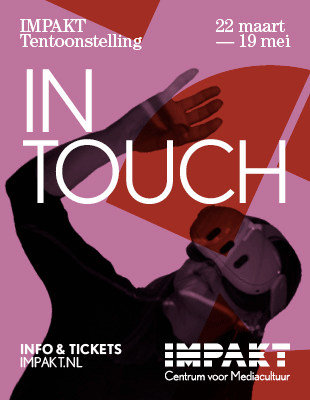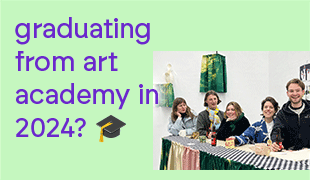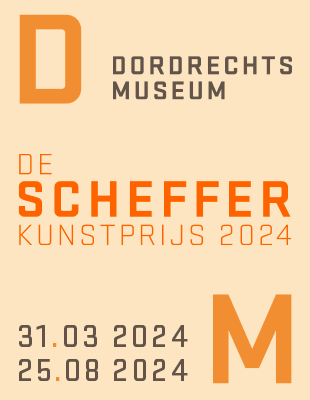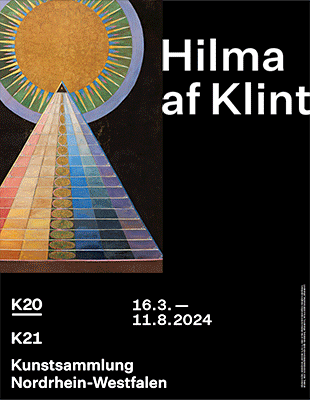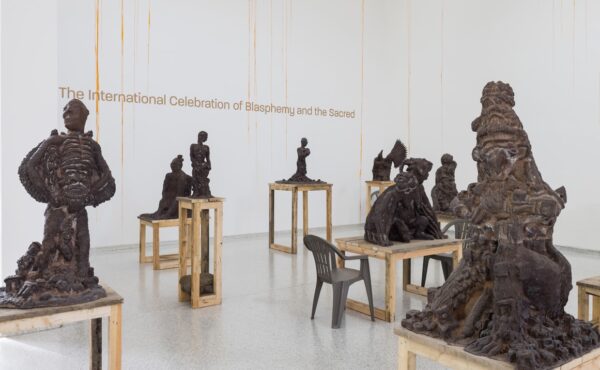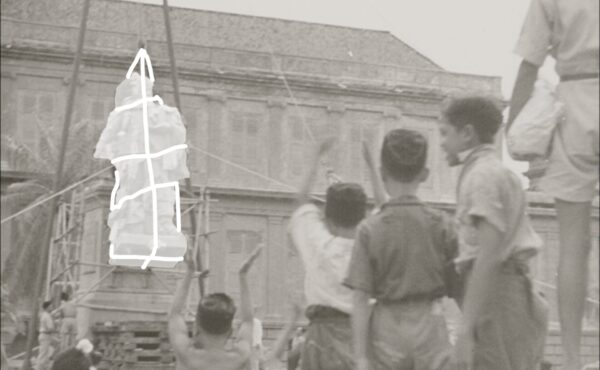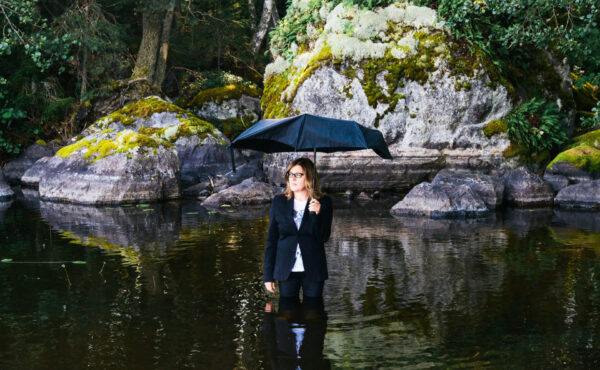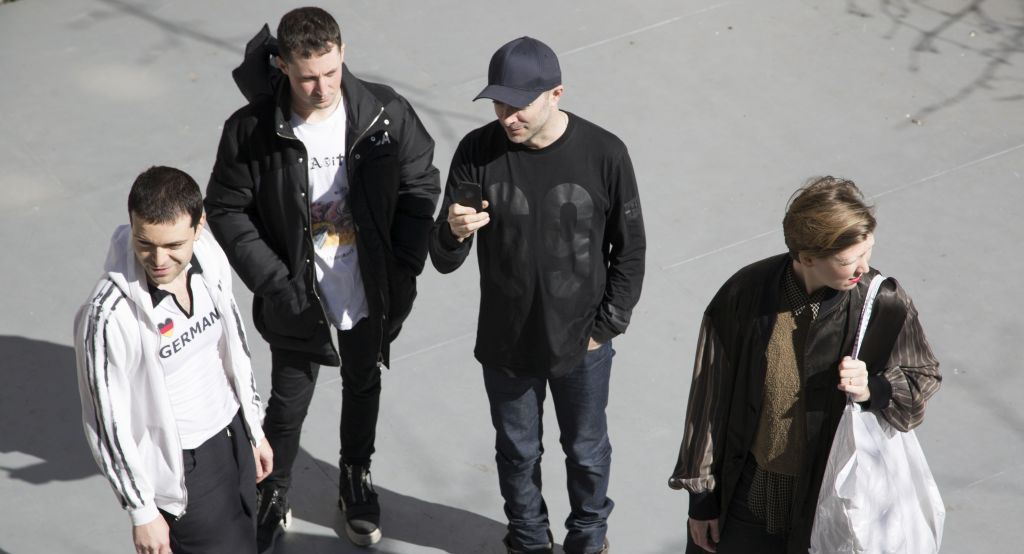
Never Cynical DIS interview
Talking to DIS, the curators of this year’s controversial Berlin Biennial. ‘We’re hyper-energized by the complexities and mysteries of today.’
Karen Archey: You’ve mentioned that DIS was a project borne out of being underemployed because of the stock market crash and recession in 2008. This seems to be prevalent with many cultural producers in our generation—people who graduated college around the time of the recession couldn’t get jobs so they freelanced. How do you think the historical moment of the market crash changed the landscape of cultural production given that, like, many of us that have stayed freelance now are, kind of, gaining more authority as cultural producers? As younger millennials are getting full-time jobs straight out of college again, what do you think cultural production looks like in a younger generation?
DIS (Solomon): They’re going straight for jobs because they know it’s really hard to get one, but there’s also the whole idea that you don’t need to go to college. The tech industry movement towards entrepreneurship was very influential to a younger generation, I think, and it has been growing a lot since 2010. For us when we graduated, it was just a mythical thing.
KA: Yes, taking this entrepreneurial tech route was not really presented as a real option to us at all.
DIS (Lauren): No, not at all. Also, I think when we graduated it was all about connections and networking, and having multiple jobs was better than one job. I think the idea of self-representation goes into that idea. As far as being an artist, designer, or someone in the creative industry goes, there are so many ways to represent and brand yourself. That’s another thing that these millennials are really, really good at––and one that we weren’t bred for. We were born right before that. So, we have a distorted perspective of that and that’s how DIS came to be.
DIS (Solomon): We had this background going to art school or liberal arts school which didn’t lead to any sort of career. You can become an artist but you’re not going to jump into your studio right after college, necessarily. Then there are career options in the commercial world in New York that are undesirable. We’ve always been really interested in the, you know, titles people invent for themselves: Curator of eBay, or Brand Angel.
DIS (Lauren): We never saw this as a setback in a way. It’s good to have something other than the art bubble, you know, to balance your life with. I think we made the conscious decision to live in New York rather than live in Philadelphia and be a painter or something. DIS was always based around this idea of working collaboratively and collectively. Working in teams was more important than having any solo thing and we adopted the magazine format because that’s the easiest way of putting it all together.
KA: Building on your earlier thoughts about consciously taking other industries as inspiration for your work, how is this reflected in the theme of the Biennale? From what I’ve read from the preliminary statements that the Biennale seems to be somewhat about the debt economy and burgeoning technology industry and how these are coalescing to create a new lived reality—the experience of our generation, really. Would you say that the content of the Biennale reflects a post-2008 ideology?
DIS (Lauren): I think there’s a pushback against this kind of hyper individuality that we’ve been seeing. This is against the backdrop of the individuated wellness regime, the customizable sneaker, and all of these kinds of things that are all about, me and the self. That’s the way that the marketing industry is now—selling you to yourself. There’s a kind of reaction to that in the Biennale.
DIS (Solomon): Well, it’s also a very visceral clash, in which everything is more niche and individualized and more targeted at you and set against the hyper-complexity of big data. At the same time global concerns are more difficult to perceive as an individual and are more important than ever. Take the climate, for example. The Biennale looks at the polarizing tension between these two things.
DIS (Lauren): As individuals, we’re rendered completely obsolete when we look at these big issues, yet everything is telling you how in fashion the self is. I think the theme that runs through the Biennale is that there’s no longer a clear path forward, the direction is not clear.
DIS (Marco): We were inspired by Adam Curtis’s documentary, Bitter Lake, that brings up Putin’s longtime advisor Vladislav Surkov and his mass-confusion tactic called non-linear war, and interested in the tools of persuasion in messaging and communication and how they manifest conflicting ideologies.
KA: Confusion by design.
DIS, in unison: Yes.
DIS (Lauren): Like the KKK is going through a rebranding.
KA: They can do that?
DIS (Marco): The fascinating thing about Surkov is that he used to write essays on conceptual art and later on imported ideas from it into Russian politics.
DIS (Solomon): Yes, he was an art critic.
DIS (Lauren): Turned dark.
KA: Career options.
DIS (Lauren): The other thing is that we’re not weighed down and fatigued by all this. It’s more, like, we’re hyper-energized by the complexities and mysteries of today.
DIS (Solomon): But we also wanted to make the audience feel like we’re all implicated in it.
KA: Going back to the idea of the hyper-individualized self, it’s interesting that you’re looking at how companies project that hyper-individualization onto people. My immediate association with the term “hyper-individuality” was with Twitter, and how I’ve seen our friends and colleagues evolve from shy social outliers to incredibly strong individual voices. So, I feel like as much as this individualism is precipitated by capitalism, you can also see it as reflected back in actual people that are very intelligent and very smart.
DIS (Lauren): Amazon knows what you want more than you do, you know?
KA: So do you feel like, as DIS, you guys are pointing to that and you’re not criticizing it or do you have a cynical relationship to this?
DIS, in unison: No (general agreement).
DIS (Lauren): It’s always a mix. It’s always a critique and celebration. It’s not about choosing good and bad, or evil. It’s not a binary approach.
DIS (Solomon): We’re also really interested in internal conflict. You know, when you’re having a critical conversation but you’re still taking an Uber. We wanted to, kind of, keep it there, you know? It’s these sort of situations where you recognize that you’re a part of the problem.
DIS (Marco): Yes, it’s about all these paradoxes that we live in.
KA: Regarding these paradoxes, you’ve described DIS as a 21st century finale to counter-culture. This makes me think of artistic collaborations like the trend forecasting group K-Hole, which has one foot in advertising and fashion, and another in the art world. I get the feeling the main critique of K-Hole from an art world perspective is that change or critique cannot happen within the institutions of capitalism but, rather, that all change will inevitably be subsumed by it and make it stronger. It seems like the theme of the biennale, to look at how debt and corporate culture are framing our lives, is almost expertise of DIS. Is this inevitably to be subsumed by capitalism? Is this something that DIS embraces? Would you consider this framing positive or cynical?
DIS (Marco): Never cynical.
DIS (Solomon): I think what you describe is a condition, and we’re interested in moving beyond that. We’ve been interested in artistic strategies that seem to do that in very different ways.
DIS (Lauren): There’s also not just one position, you know? There are many, many positions.
KA: I remember seeing someone on social media saying that the biggest blind spot of artists of our generation is that we shouldn’t have to utilize the tools of capitalism, advertising and branding in order to critique or dismantle them, and that embodying them can be violent.
DIS (Solomon): I think that’s not a bad thing, for that to be violent. I think that it’s actually the point.
DIS (Lauren): It’s not a refuge.
DIS (Solomon): We’re working with people who don’t just work within art but actually work at Google. We’re not just talking about Google but actually trying to bring them to the table. One participant in the Biennale is a Google employee. Her work is about social justice through technology, and I think it’s interesting to get her perspective on these issues because she is so deeply embroiled within this tech world that no one can avoid.
KA: I think, I mean, in hindsight, like, when I say this hearing you say it, it’s kind of funny that a comment like that is being made on Twitter. We are really all so embroiled in this.
A DUTCH TRANSLATION OF THIS TEXT WAS PUBLISHED IN METROPOLIS M No 3-2016 AFTER 80s. ORDER NOW: [email protected]
Karen Archey
is een curator en een criticus, Berlijn en New York